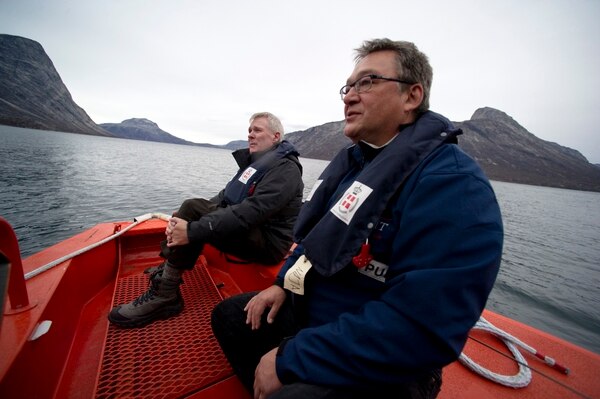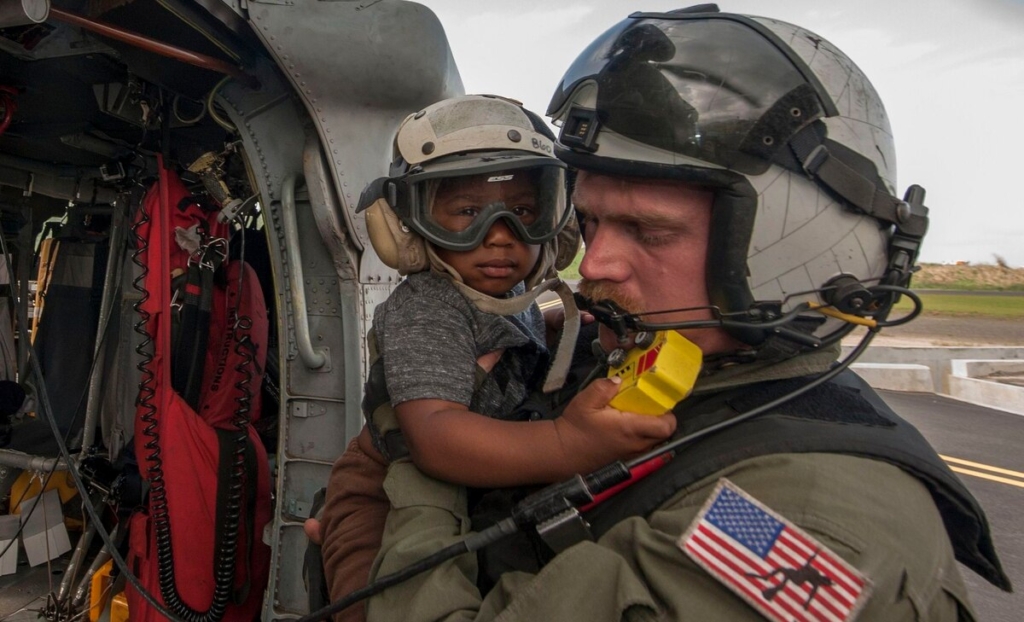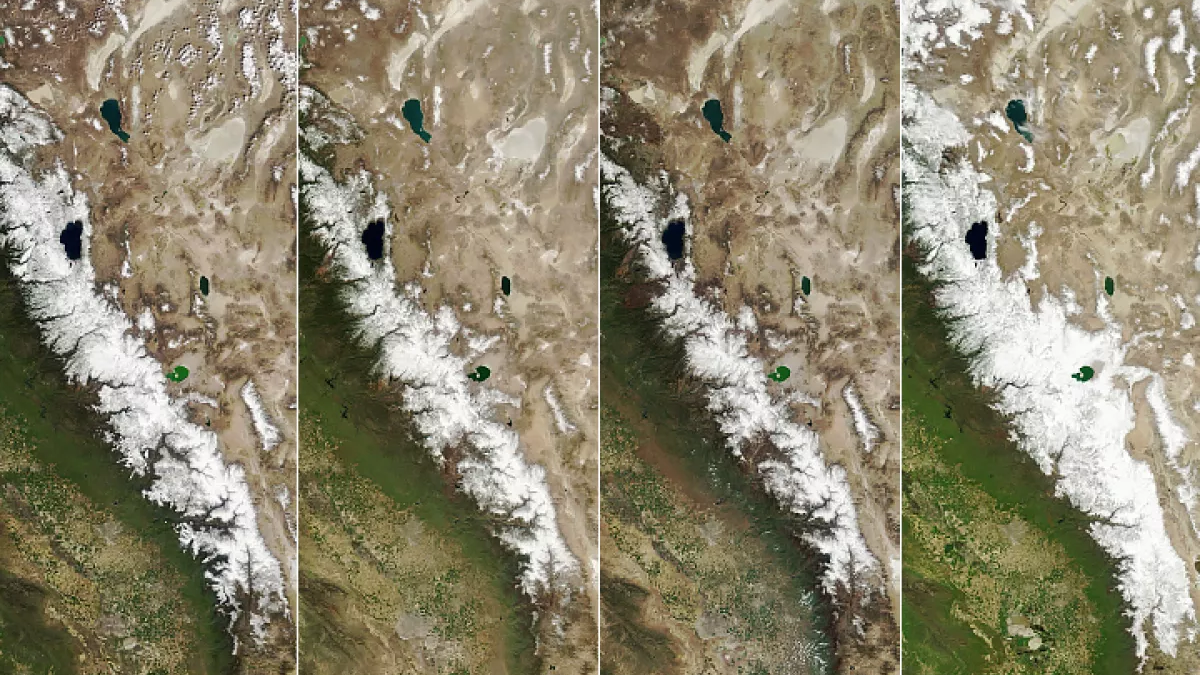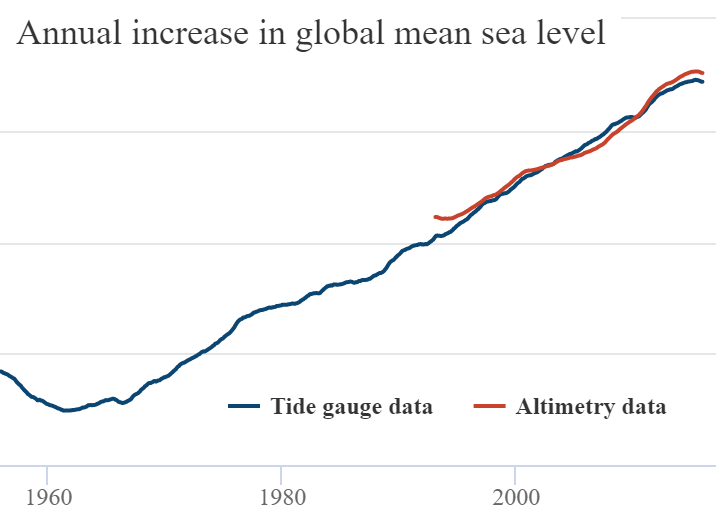U.S. Navy quietly ends climate change task force, reversing Obama initiative – “Across all of the Department of Defense, it is hard for me to see that climate change is taken as seriously as it should be”

By J.D. Simkins
26 August 2019
(Navy Times) – When he took office as secretary of defense, retired Marine Gen. Jim Mattis urged the armed forces to battle the effects of global climate change.
The order by Mattis was backed by a slew of scientific studies — including those commissioned by the Pentagon — and concerns expressed by a growing number of past and present military leaders.
“Climate change is impacting stability in areas of the world where our troops are operating today,” Mattis indicated in written testimony to the Senate Armed Services Committee in 2017.
“It is appropriate for the Combatant Commands to incorporate drivers of instability that impact the security environment in their areas into their planning.”
But the Navy quietly shut down its specialized U.S. Navy Task Force Climate Change in March 2019, reversing an Obama-era initiative designed to prepare naval leadership for global shifts in sea levels, melting ice sheets and ocean temperatures.
Navy officials told E&E News, which initially reported the termination of the program, that the task force’s mission was one that was “no longer needed.”

But questions soon arose into whether the task force’s demise could be traced to ongoing efforts by President Donald J. Trump to end numerous federal climate change initiatives, reversing policies instituted by the previous administration beginning in 2009. […]
But the sense of urgency that flowed through the reports between 2010 and 2019 neither buoyed the Navy’s climate change group nor sparked major reforms across the armed forces.
Retired Rear Adm. Jon White, who spearheaded Task Force Climate Change from 2012 to 2015, told E&E News that he saw “little evidence” that the research undertaken by the Navy and scientific community has even been implemented in any of the military’s environmental strategies.
“Across all of the Department of Defense, it is hard for me to see that climate change is taken as seriously as it should be,” said White, now the president of the Consortium for Ocean Leadership.
“The task force ended, in my opinion, without full incorporation of climate change considerations.” [more]
Navy quietly ends climate change task force, reversing Obama initiative


